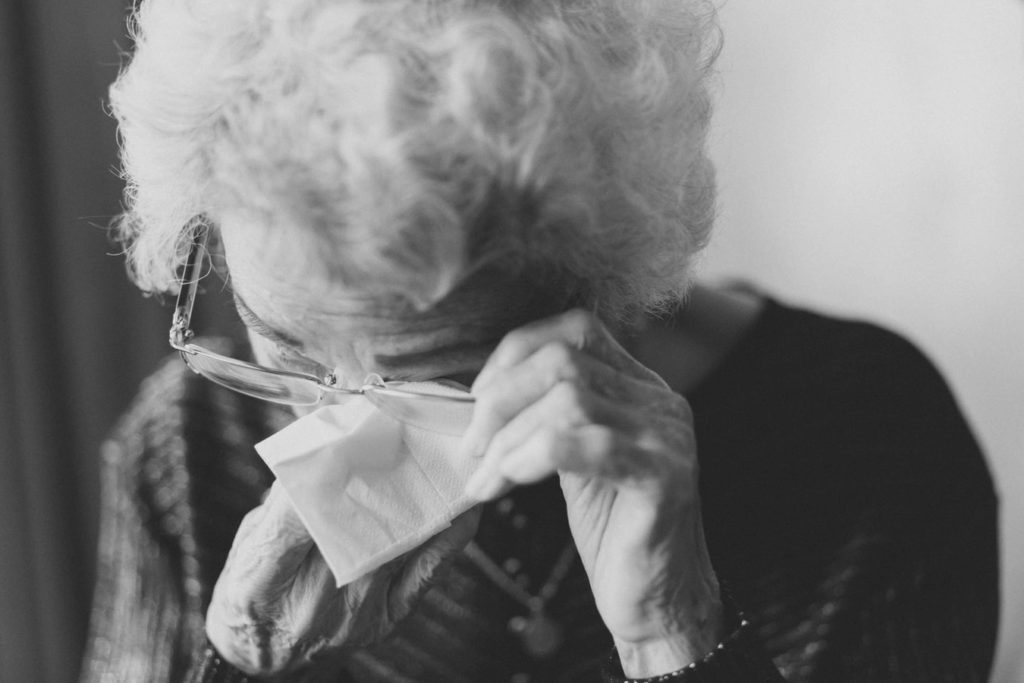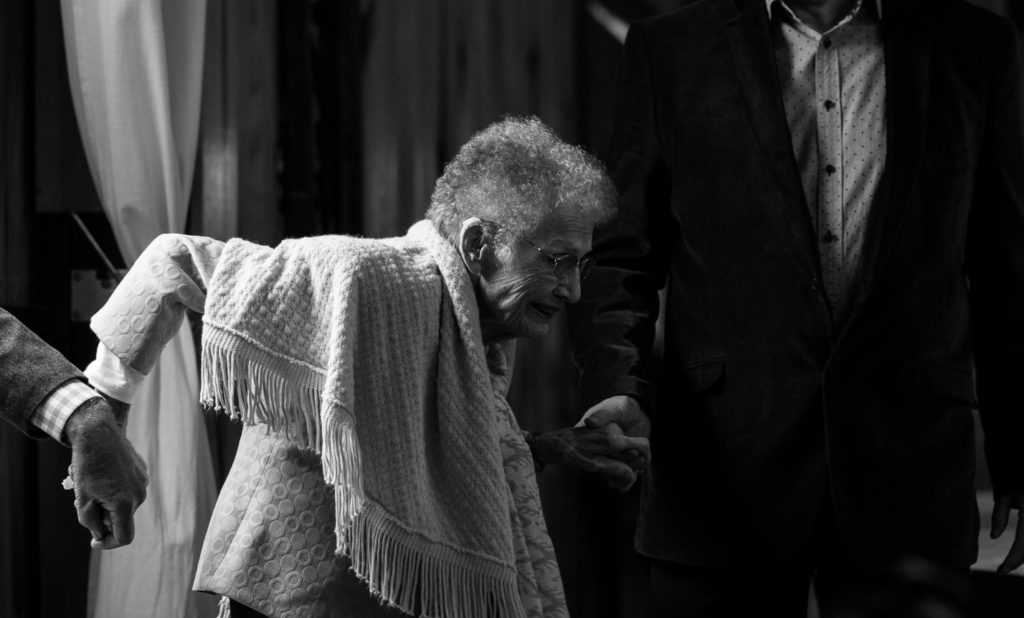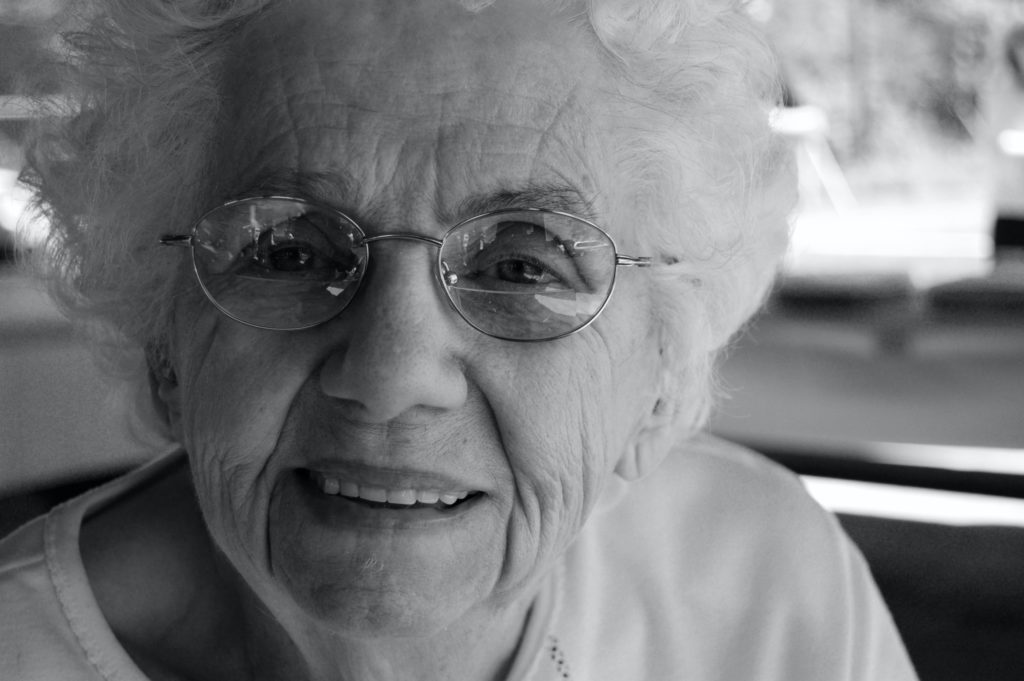One of the life-changing moments that someone can encounter is when a relative receives a terminal illness diagnosis. Here, you suddenly face the realization that your loved one may soon be gone. And you find yourself confronting so many thoughts and emotions. Find out how you should be dealing with preparatory grief and how providers of hospice care in California can help you stay strong.

Understanding Preparatory Grief
In its simplest definition, preparatory grief refers to the sorrow a person experiences upon learning that they are dying. That patient experiences that grief as they go through the various physical and emotional changes associated with dying.
The Five Stages Of Grief
There are five different phases of preparatory grief that dying people go through. Note that this is not always a linear progression. Some people might skip certain stages. Others might experience several at the same time. How you help your loved ones through these stages depends on their specific circumstances.
Shock
The first stage of preparatory grief often comes right after people receive their diagnosis. Here, they often swing between feelings of disbelief and agony. They might also find themselves in a constant state of misery.
At this point, your loved ones might start becoming more isolated. They have very little energy or interest doing day-to-day activities, as they spend most of their time processing the news. That has the potential of worsening their medical condition.
Chaos
Once they understand the gravity of the diagnosis, your loved ones might adopt a devil-may-care attitude. They try to go back to the way they live before and go beyond the limits of their condition. Your loved one might also still have a hard time coming to terms with the time constraints they have.
However, as their condition worsens, your loved one will soon have to face reality. They might even have to go through a painful realization. All of these can create a lot of uncertainty and anxiety on their part.
Introspection
However, after all that struggle, your loved one starts slowly looking into themselves. Here, they will often be asking why all of this is happening. Your loved one will also try looking back and finding out what happened that led to this.
After that introspection, they start thinking about the future. Your loved one will think of how they can make the most out of the time left. It is also at this point they start making requests and last will declarations.
Re-adaptation
At this point, your loved one will start having a more positive outlook on the situation. They slowly re-adapt to the circumstances. Here, they also start looking into their entire life in a different context.
Your loved one also starts looking more towards the future. They will often think about things they want to do before they die. Your goal here is to help them achieve these as much as possible.
Restitution
As your loved one comes into terms with the dying process, their sadness might become less intense than before. Do note that there will still be moments of grief and sorrow from time to time. You might also still encounter some instances of denial and disbelief.
But they will generally be more accepting of their fate at this point. They might even find new meaning in their lives and give you some parting words. Here, you would want to listen and help them pass their final days in peace.

How You Can Help Loved Ones Deal With Preparatory Grief
Helping your loved ones go through preparatory grief is arguably a challenging effort. After all, you are also going through all those mixed emotions as you process the information. But be ready, as you will be a vital source of strength for them.
Distinguishing Between Preparatory Grief And Depression
The first thing you will need to do here is determine if there are signs of depression. Bear in mind that, while preparatory grief is a normal part of the dying process, depression at this point is not. Such extreme sadness can further aggravate the condition that your loved one has.
The following are some prominent signs that indicate your loved one has depression following a terminal diagnosis.
- Consistent feelings of sadness
- Suicidal thoughts
- Vague, pervasive anxieties
- Consistent hopelessness
- Social withdrawal
Once you see these signs, you should ask for professional help. The danger here is that your loved one might do something drastic to hasten their death. That can create a lot more grief and worry for your family.
How To Manage Depression For Seniors
Helping Your Loved Come To Terms With Their Situation Through Grief Counseling
Once you have ruled out depression, the next challenge is reaching out to your loved ones. Here, one approach in grief counseling is the RELIEVR method. It consists of the following.
- Reflect: You need to acknowledge the emotions your loved one is feeling and
- Empathize: Show your loved ones that you do understand what they are feeling at the moment.
- Lead: Help them explore their concerns and questions.
- Improvise: Your loved one might express grief differently from others. As such, you would want to approach them appropriately.
- Educate: You can help them understand the grieving process by explaining what is happening to them.
- Validate: Explain to your loved ones that what they feel is completely normal.
- Recall: Help your loved one celebrate their life by recalling fond memories and recognizing things they still want to do.
When using this strategy, you might need the assistance of professionals. They will be able to help you better confront the situation, as well as the emotions that you are also feeling. That helps you be more confident in talking to your loved ones.

The Role Of Hospice Care In California
Providers of hospice care in California such as Amavi can help for the grief counseling your dying loved one might need. Our team of counselors can answer their questions more thoroughly, enlightening them and uplifting their spirits.
But it isn’t just them who we help. We are also ready to assist you with the grief you feel. Our team will help you come to terms with the realization that your loved one might be gone soon. We also offer post-death bereavement for your family.
We believe that the prospect of death isn’t something that you and your loved one should be looking at negatively. Instead, it should be a time of reflection and celebration of a life well-lived. And with our hospice care services, we can help you send off your loved one peacefully.
